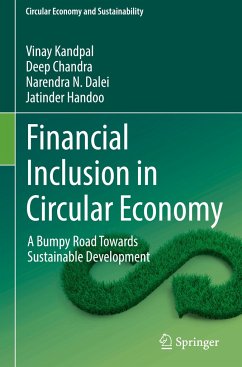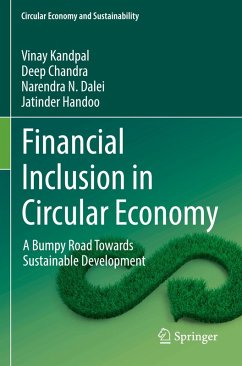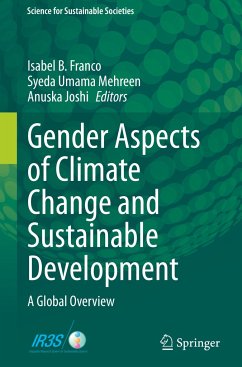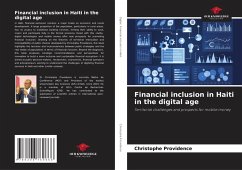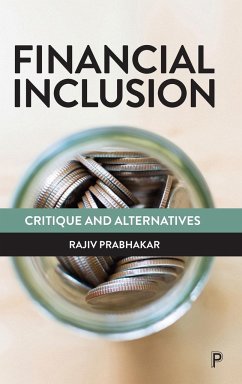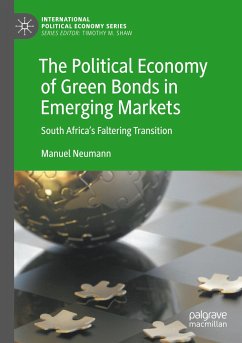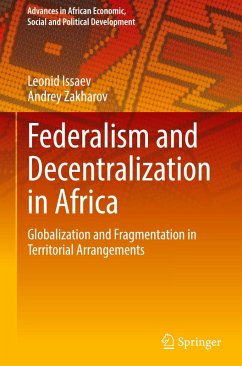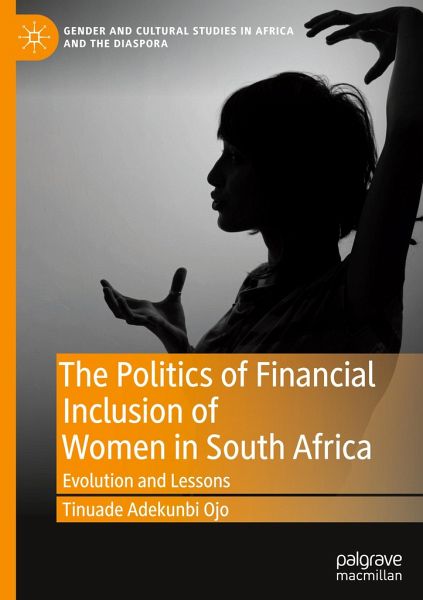
The Politics of Financial Inclusion of Women in South Africa
Evolution and Lessons

PAYBACK Punkte
49 °P sammeln!
This book presents the assumptions, narratives, and institutions that underpin the key concepts and investigates the limits and potential of financial inclusion development strategy for gender equality. Using South Africa's women entrepreneurs as a central case, the book interrogates the logic and politics of financial inclusion and gender equality globally and locally. It also examines conditions that explain financial inclusion and women's empowerment concerning women-owned businesses in post-apartheid South Africa. Finally, it presents a debate on the socio-economic factors enabling and lim...
This book presents the assumptions, narratives, and institutions that underpin the key concepts and investigates the limits and potential of financial inclusion development strategy for gender equality. Using South Africa's women entrepreneurs as a central case, the book interrogates the logic and politics of financial inclusion and gender equality globally and locally. It also examines conditions that explain financial inclusion and women's empowerment concerning women-owned businesses in post-apartheid South Africa. Finally, it presents a debate on the socio-economic factors enabling and limiting women's access to and using financial products to improve their socio-economic empowerment and the future suggestions, policies and recommendations on financial inclusion for women entrepreneurs in South Africa.





